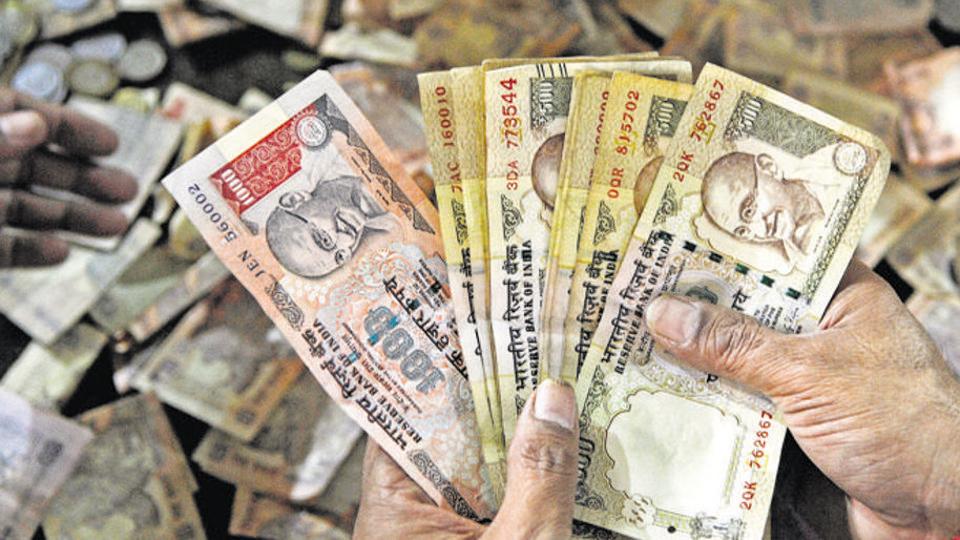New Delhi | The Reserve Bank of India (RBI) in its annual report of 2017-18 on Wednesday claimed that about 99.3 percent of the total demonetised high-value notes have returned back to the banking system.
Addressing the media on the annual report, Economic Affairs Secretary SC Garg said, “Out of Rs 15.41 lakh crore which were in circulation when Prime Minister Narendra Modi announced the demonetisation of high-value notes of 500 and 1000 on November 8, 2016, Rs 15.31 lakh crore worth notes were returned to the banking system”. The released data clearly states that 10,720 crores worth notes have not yet returned back to the banking system.
Garg further informed that the government has successfully achieved the intended objectives of demonetisation which included curbing black money and terror financing, and promoting digital payments. Speaking about the cost of printing new notes post-demonatisation, RBI informed that during 2016-17 it spent around 7965 crores on the printing of new 500 and 1000 rupee notes while it was earlier about Rs 3,421 crore in the previous years. In 2017-18 the RBI spent another Rs 4,912 crore on the printing of the notes.
As per the RBI report, the value of bank notes in circulation, increased by 33.7 percent to Rs 18,037 lakh crore after demonetisation, however, the increased circulation of new 500 notes since last one year has decreased the share of Rs 2000 banknotes to 37.3 percent by value compared to 50.2 percent in 2017. Meanwhile, the share of 500 rupee banknote increased from 22.5 percent in 2017 to 42.9 percent in 2018, stated RBI.
Speaking on the counterfeit currency, RBI said the fake notes detected in Specified Bank Notes (SBNs) decreased by 59.7 and 59.6 percent. RBI further added that the counterfeit notes detected in the new 500 and 2,000 notes during 2017-18 were 9892 and 17929, against 199 and 638 respectively in 2016-17.
As an independent media platform, we do not take advertisements from governments and corporate houses. It is you, our readers, who have supported us on our journey to do honest and unbiased journalism. Please contribute, so that we can continue to do the same in future.

